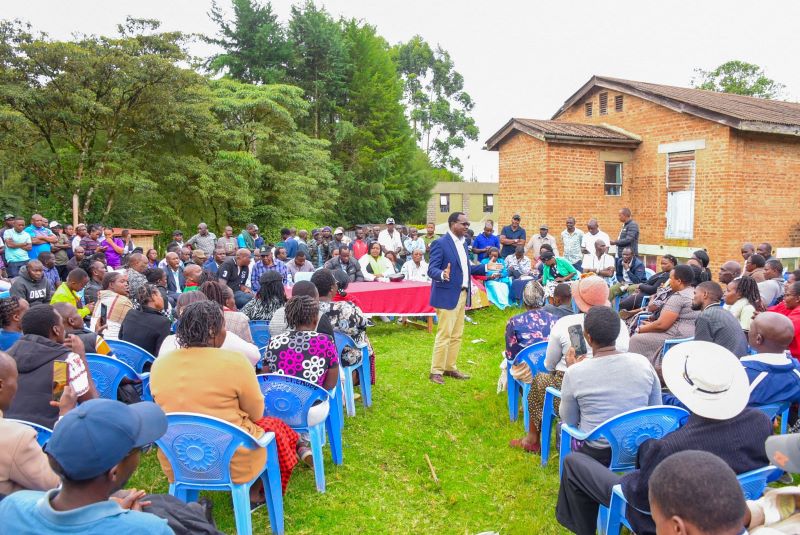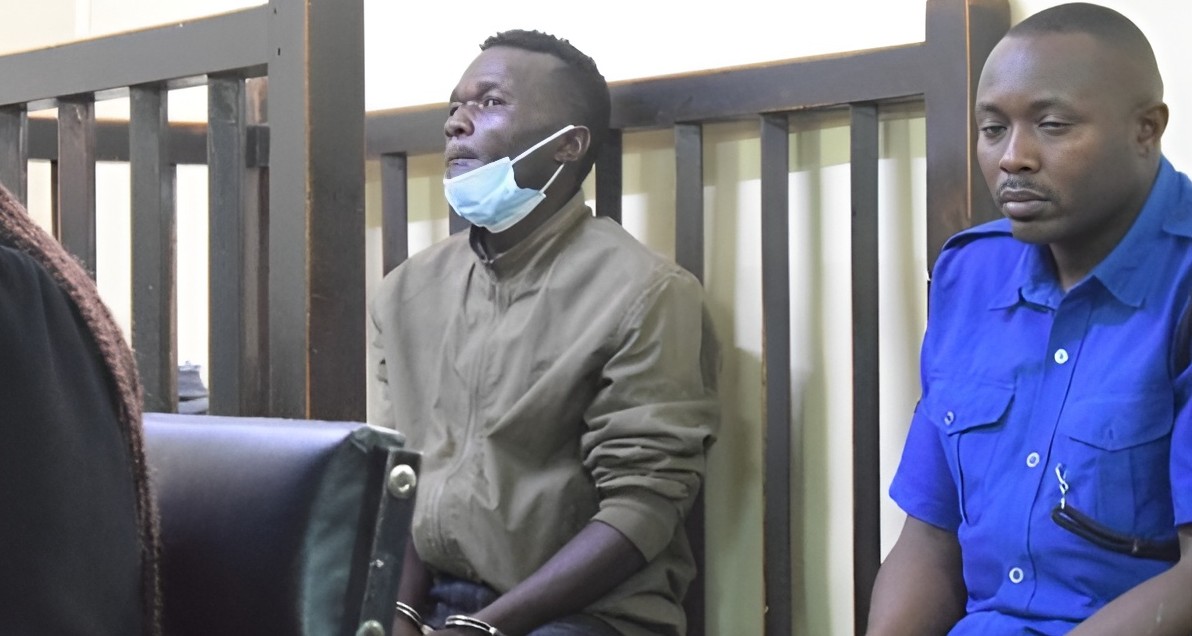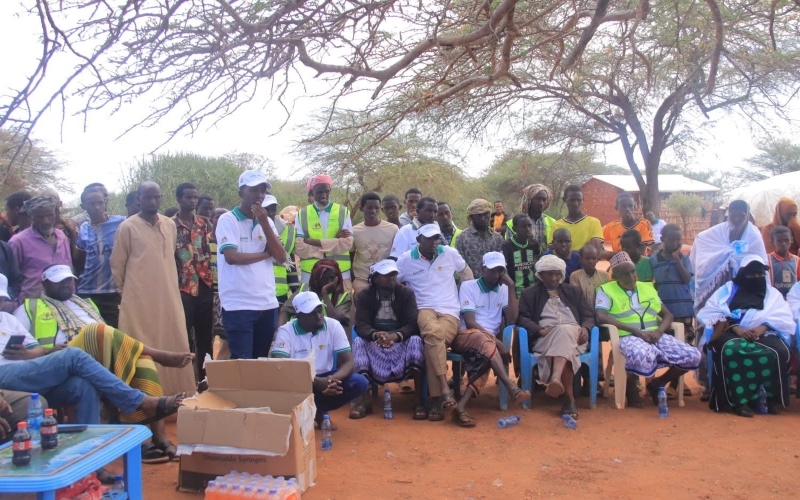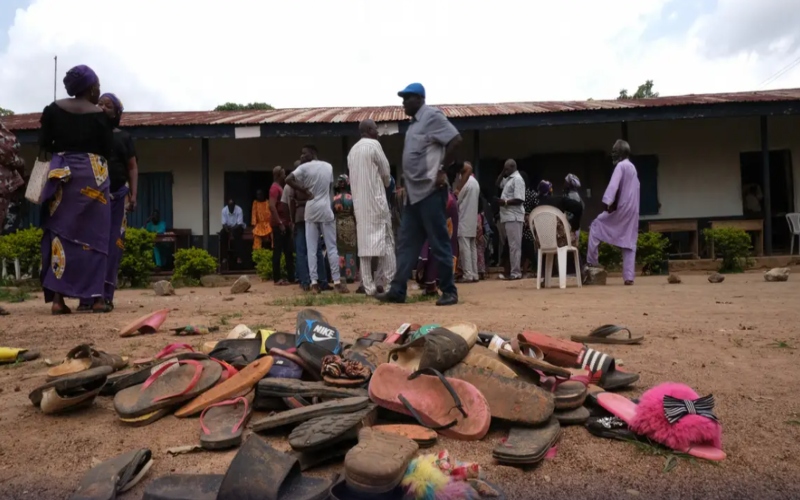Kenya steps up border checks as Ethiopia confirms outbreak of Marburg Virus Disease

The feature is appearing inside the Spotify app under a new migration tile, giving users the ability to transfer playlists from multiple services, including Apple Music, YouTube Music, Amazon Music, and Deezer, without needing a separate account on TuneMyMusic’s website.
Kenya has intensified health surveillance and emergency preparedness measures following a confirmed outbreak of Marburg Virus Disease (MVD) in neighbouring Ethiopia, with officials warning that the highly infectious disease could have severe consequences if it crosses into the country.
Public Health Principal Secretary Mary Muthoni announced that the Ministry of Health had activated rapid response systems and tightened screening at airports and border points after Ethiopia confirmed cases of Marburg Virus Disease.
More To Read
- Technology of freedom, risk of violence: Digital divide facing women in post-war Tigray
- Cultural victory as Ethiopia recovers 12 artefacts taken to Germany in the 1920s
- Ending violence against women ‘a matter of dignity, equality and human rights’
- UN calls for legal safeguards for AI in healthcare
- Governors sound alarm as 934 newborns die amid funding row in health sector
- Counties decry handling of hospitals under SHA, accuse Health Ministry of overreach
Speaking in Mbeere North during a meeting with community health workers, the PS urged the public to remain alert.
“I want to announce to you that in Ethiopia, a disease has been discovered called Marburg, and it is a very serious disease, which, if by any chance it is transmitted to Kenya, it can be very bad news, just like COVID,” Muthoni said.
She added that surveillance teams were already deployed to monitor travellers and respond quickly to any suspected case.
Kenya’s stepped-up measures come as the World Health Organisation (WHO) issued an update on the outbreak in Ethiopia, where the illness was first detected after authorities reported suspected viral haemorrhagic fever cases in Jinka town, in the South Ethiopia Regional State, on 12 November 2025.
Two days later, on November 14, 2025, Ethiopia’s Ministry of Health confirmed that the suspected cases were Marburg Virus Disease after molecular testing by the Ethiopian Public Health Institute identified the virus in patient samples.
By November 20, Ethiopia had conducted 33 laboratory tests, with six confirmed cases, including three deaths. Three additional epidemiologically linked cases could not be tested because the patients had died and were recorded as probable cases.
Authorities have identified 206 contacts, who remain under active monitoring as investigations continue.
Marburg is a severe viral disease clinically similar to Ebola, with a case fatality rate of up to 88 per cent, though early care can significantly improve survival.
The virus spreads through direct contact with bodily fluids or contaminated surfaces, placing health workers and caregivers at increased risk.
The virus spreads through direct contact with bodily fluids or contaminated surfaces, placing health workers and caregivers at increased risk.
WHO has classified the public health risk as high at the national level for Ethiopia, moderate at the regional level and low globally.
The organisation is supporting Ethiopia with outbreak coordination, surveillance, laboratory strengthening, case management and community engagement.
Top Stories Today













































